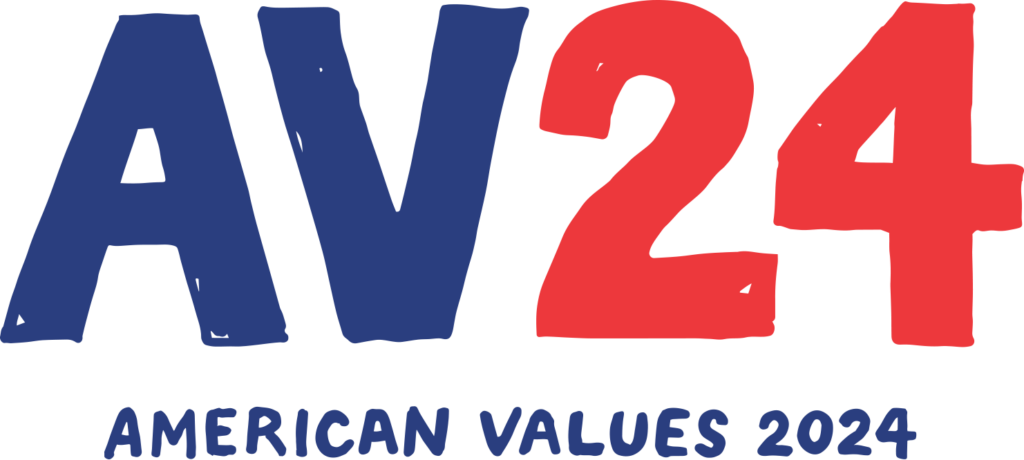By Liam Sturgess, The Kennedy Beacon
A controversial new law proposed in the Kansas State Legislature threatens to prevent independent candidates from successfully getting on the ballot for statewide office – possibly including independent presidential candidates.
Introduced on January 17, 2024, House Bill No. 2516 is aimed at “raising the number of signatures required for nomination petitions for independent candidates for statewide office.” Nominations by existing parties are not affected by the bill. It passed the Kansas House of Representatives just over a week ago on February 22, with 68 in favor and 52 opposed. If the fast-moving bill passes the Senate and reaches the governor’s desk, the new rules will go into effect on July 1, 2024 – just one month before the Kansas deadline for independent petition-signature submission on August 5.
The bill was referred to the Kansas Senate Committee on Federal and State Affairs on February 28, where it awaits further debate and possible amendment. It is not yet clear when it will be voted on, but Kansas residents are encouraged to read the bill and contact their representatives in the State Senate to ensure their voices are heard.
The bill is sponsored by the House Committee on Elections, led by Republican Pat Proctor. According to Ballotpedia, Proctor narrowly beat his Democratic opponent, Harry Schwarz, in his November 2022 reelection bid.
As explained by Richard Winger in Ballot Access News, the bill “raises the number of signatures for a statewide independent from 5,000 signatures to 2% of the last gubernatorial vote (almost 21,000 signatures).” However, Winger further notes that if the bill passes the Senate and is applied in the 2024 general election, it will be in violation of a 1984 Tenth Circuit Court ruling preventing states from raising ballot access requirements within an election year.
According to Libertarian Party political director Matt Clark, the bill was introduced in response to recent Republican failures to win the governorship – losses the party blames on independent candidates serving as “spoilers,” as reported by Tim Carpenter in the Kansas Reflector.
Share
The Kansas bill is the latest in a line of ballot access scandals in the 2024 election cycle. As previously reported in The Kennedy Beacon, both former president Donald Trump and independent candidate Robert F. Kennedy Jr. have faced unprecedented barriers in their efforts to appear on ballots across the country. On February 21, the Kennedy campaign filed a lawsuit against Maine’s secretary of state, Shenna Bellows, following her revocation of permission to gather signatures onsite during the March 5 presidential primary.
In December 2023, Kennedy successfully pushed back against the State of Utah’s early deadline to finish collecting signatures. Despite these challenges, Kennedy has recently secured his place on the ballot in Hawaii, Georgia, and Arizona.
On February 24, the Kennedy campaign sent out an email blast suggesting that “legal action may be required” should HB 2516 pass the Kansas Senate. The email was republished in full on Suburban Chicagoland.
However, it’s not yet clear whether the bill in its current form even applies to independent presidential candidates like Kennedy and Cornel West.
During a February 22 livestream on social media platform Locals, constitutional lawyer Robert Barnes suggested that the proposed higher threshold for signature collection likely only applies to independent candidates seeking state office, such as in the Kansas State Legislature or the governorship. “If it’s to qualify for state office, they’re probably excluding the presidential office because that’s the easiest way to not have it struck down as unconstitutional.” Barnes has represented Kennedy and his nonprofit organization, Children’s Health Defense, in numerous legal actions, and also challenged ballot access restrictions in Arizona and Hawaii in 2008 on behalf of historic third-party presidential candidate Ralph Nader.
Whether the bill implicates the 2024 election or not, critics warn that it goes far beyond its stated purpose, and against principles of voter choice. While Representative Les Mason, a Republican, argued that “any credible and serious candidate should be able to collect the signatures required,” the American Civil Liberties Union (ACLU) described the bill as part of a larger “anti-democratic theme” across various bills tabled over the past several weeks. “Democracy is strongest when more people participate, and these bills are designed to make fewer people participate,” said Micah Kubic, executive director of the ACLU of Kansas. More specifically, argues Richard Winger, the existing requirement of collecting 5,000 signatures to qualify for statewide office has “easily accomplished” the stated goal of preventing ballots from being overcrowded, rendering the new legislation unnecessary.
Liam Sturgess is an investigative reporter for The Kennedy Beacon. He is also a writer for the Canadian Covid Care Alliance and founder of White Rose Intelligence. He was the founding co-host and producer of the Rounding the Earth podcast, and publishes a Substack series called Microjourneys.
